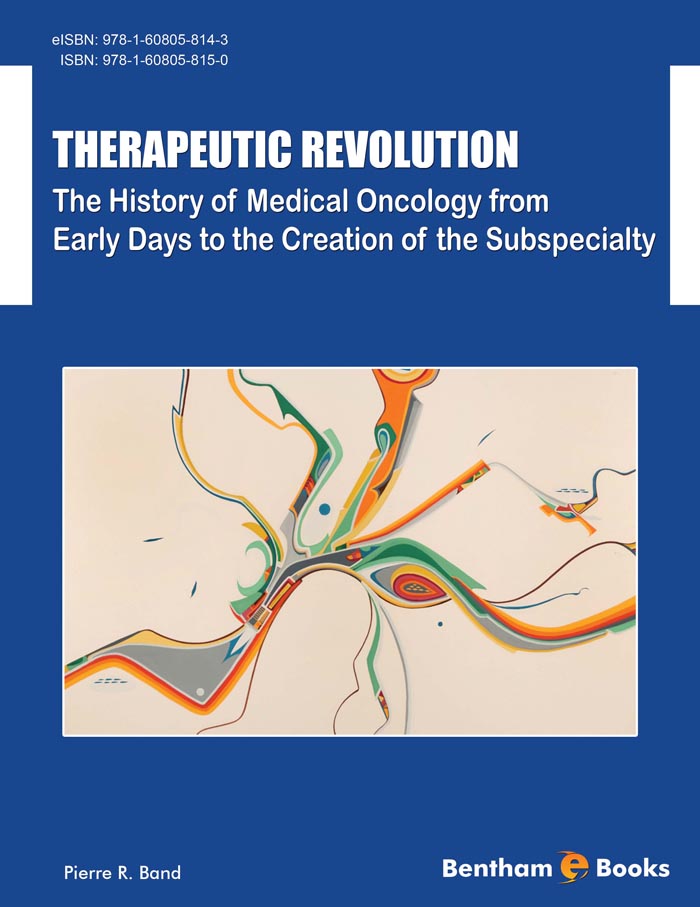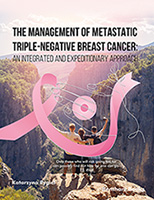Introduction
Cancer is a disease responsible for several million annual deaths among humans, worldwide. However, advances in healthcare - which include breakthroughs in science and medicine as well as access to medical treatment - have improved the survival rate of cancer patients over the last few decades.
Therapeutic Revolution relates the story of one of the great scientific tales of the twentieth century: how the field of medical oncology was created and its subsequent development owing to medical and scientific breakthroughs. The book unfolds the pre-clinical and clinical concepts and innovations that led to the creation of the medical subspecialty now known as oncology.
Therapeutic Revolution is the first book ever written on the events that led to this subspecialty of internal medicine. It relates the recollection of key events obtained from interviews of the pioneers who laid the foundations of medical oncology, as well as the author’s own experience of the pre-specialty era of medical practice.
The book is essential reading for all readers interested in the history of cancer treatment and also serves as a historical primer for medical students learning oncology.





